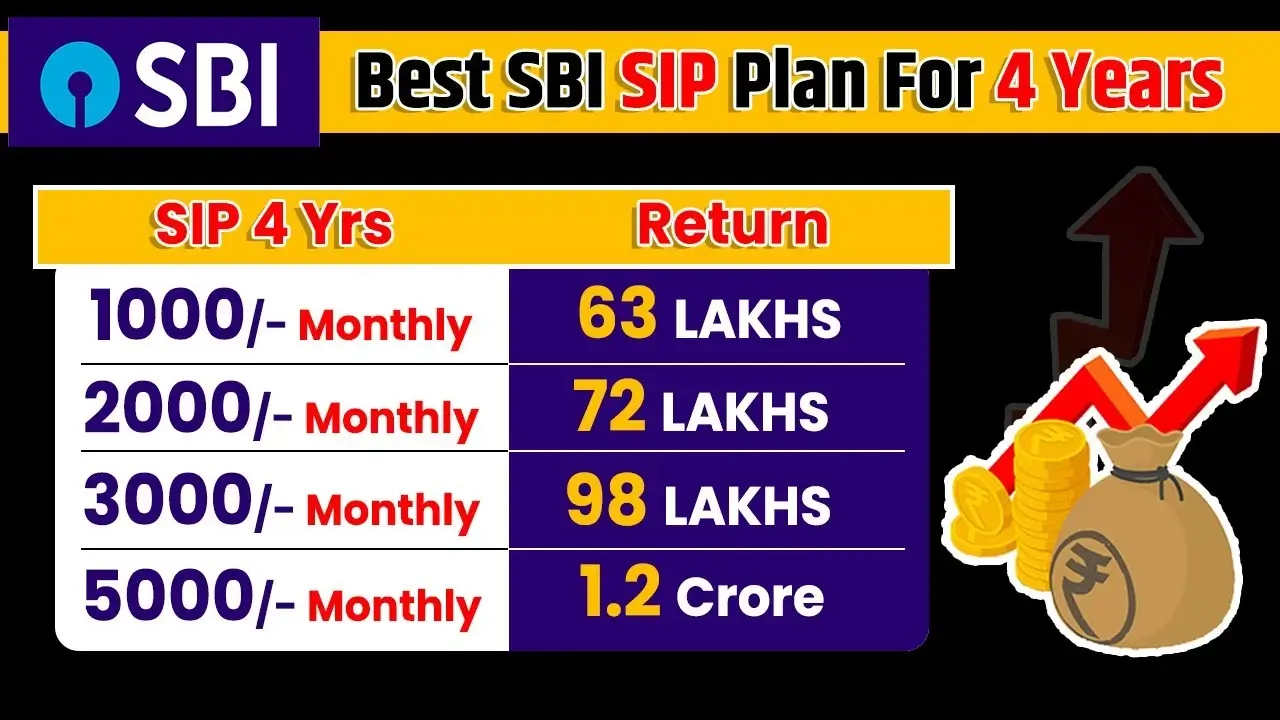For many, owning a home is a significant life goal. It’s often seen as a symbol of status and security in society.
This desire drives people to go to great lengths, even taking on loans, to buy a house. But the question remains: when is the right time to buy a house?
Too often, people make emotional decisions, rush into buying a house with loans, and later regret their choice. Why? Various challenges arise.
For instance, a young professional might buy a home early in their career through a loan. If they face job loss, managing the EMI becomes difficult. Such financial burdens can later lead to regret.
Table of Contents:
When is the Ideal Time to Buy a Home?
The need for a home becomes more relevant when an individual is relatively settled—married, with children, and in a stable job.
At this stage, frequent job changes are less likely, and one can choose a house in a location that aligns with both partners’ preferences.
Planning ahead can make this process easier. By investing in mutual funds early on, individuals can accumulate enough savings to purchase a home with less or no loan. If a loan is still required, a smaller loan means manageable EMIs, reducing financial strain.
Mutual Funds as a Tool to Save for a Home
Let’s consider a scenario where someone plans to save for a house through mutual fund investments while continuing to live in a rented house.
Suppose you plan to buy a house worth ₹50 lakhs today. If you rent a similar property, the monthly rent would be approximately ₹12,500. However, buying the same house through a home loan at an interest rate of 9% over 20 years would result in an EMI of about ₹45,000 per month.
Now, instead of paying this EMI, you could:
- Pay the ₹12,500 rent.
- Invest the remaining ₹32,500 in equity mutual funds with an average return of 13% per year.
In 20 years, this investment could grow to approximately ₹3.4 crores.
Future House Price Projections
If the house’s value appreciates at 5% annually, its price will be ₹1.33 crores in 20 years. To accumulate this amount, one needs to invest around ₹12,785 per month in equity funds with an average return of 13% annually.
If the house appreciates at 8% annually, its price will rise to ₹2.33 crores in 20 years. To reach this target, one would need to invest ₹22,460 monthly in equity funds.
Even with an 8% appreciation rate, the investment plan remains feasible. Over time, rising salaries can help meet these investment goals while managing rent costs.
Strategic Investment: How to Plan
To achieve the desired corpus for a house, investing in higher-yield options like equity funds is essential. While direct equity investments carry high risks and require expertise, diversified investments in mutual funds are a safer choice.
Equity mutual funds invest across 30–80 stocks, reducing risk significantly. Additionally, professional fund managers handle these funds, increasing the potential for good returns.
Best Fund Categories for Home Savings
- Large-Cap Funds: Invest in top companies, offering stability with moderate risk.
- Multi-Cap Funds: Diversify across large, mid, and small-cap stocks for balanced growth.
- Flexi-Cap Funds: Provide flexibility to allocate funds across market caps based on opportunities.
- Multi-Asset Funds: Diversify across equities, debt, and gold for added security.
If your monthly SIP budget for house savings is ₹20,000, consider allocating ₹5,000 each into the four categories mentioned above.
This diversification spreads risk and ensures steady returns. Historically, top-performing funds in these categories have delivered annualized returns of 18%-20%, making the expected 13% return highly achievable.
Final Thoughts
By continuing to live in a rented house and systematically investing in mutual funds, you can accumulate enough to buy your dream home in the future.
The table below shows the required monthly investment based on your savings timeline (10, 15, or 20 years) and expected house value.
| House Value After Appreciation | Time Horizon (Years) | Monthly SIP Required (₹) |
| ₹1.33 Crore (5% annual appreciation) | 20 | ₹12,785 |
| ₹2.33 Crore (8% annual appreciation) | 20 | ₹22,460 |
| ₹1.33 Crore (5% annual appreciation) | 15 | ₹21,030 |
| ₹2.33 Crore (8% annual appreciation) | 15 | ₹36,850 |
| ₹1.33 Crore (5% annual appreciation) | 10 | ₹40,100 |
| ₹2.33 Crore (8% annual appreciation) | 10 | ₹70,150 |
This strategic approach helps you save efficiently, avoid heavy debt burdens, and eventually own a home with minimal financial stress.




